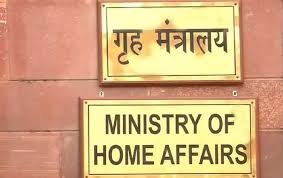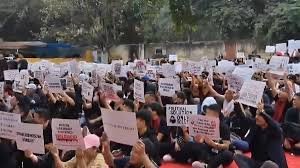While WhatsApp and Telegram might be your preferred messaging apps, they aren’t suitable for everyone. Gangsters, terrorists, banned ultras, and various criminals depend on certain apps that only a select few may know about. Regardless, these applications are creating challenges for India’s security personnel.
A key player among these is Zangi, which has allegedly been discovered on the devices of apprehended individuals from infamous gangs targeting Delhi-NCR, Haryana, and Punjab.
Zangi is one of 14 mobile apps that were “prohibited” in India by the government in May of the previous year, as several media outlets reported then, referencing sources.
Besides Zangi, nandbox, 2nd line, Threema, Safeswiss, Element, IMO, MediaFire, Briar, BChat, Crypviser, Enigma, and Wickr Me were allegedly prohibited due to security issues. Reports suggested that the applications were utilized by handlers in Pakistan to communicate with militants in Jammu and Kashmir.
Why they are so dangerous?
In summary: their communications cannot be traced or accessed.
In contrast to other widely used messaging applications, Zangi, Threema, nandbox, Safeswiss, Element, and Briar do not ask users to supply even minimal personal information such as phone numbers or email addresses during sign-up.
Instead, the majority of them create their own virtual numbers or distinct URLs to link with other users. Consider Zangi, for instance. All that’s needed for a user to register is a username and a password. It offers a 10-digit number that acts as the app’s unique phone number.
They assert that they offer “military-grade” end-to-end encryption for messages, rendering it nearly impossible for anyone to monitor or decipher during transmission. Messages are encrypted and decrypted on the devices of both the sender and the receiver.
In contrast to prominent commercial messaging services, they do not keep conversations on a centralized server, meaning that law enforcement cannot access them in the event of criminal or legal issues. For Zangi, messages are removed after they have been sent. The applications likewise do not gather any information.
The majority of them are complimentary. Those that do not offer features to prevent law enforcement from tracking their payments. For example, Threema – with over 1 million downloads on Google Play – requests its users to send cash payments via courier to its registered address at Churerstrasse, Switzerland.
Structures that are resistant to surveillance complicate the ability of officials to monitor discussions within criminal networks and pursue legal action against them.
Developers assert that the applications are designed for rights advocates, reporters, and dissenters in authoritarian regimes. Nevertheless, like any asset, the apps are also utilized for unlawful purposes.














